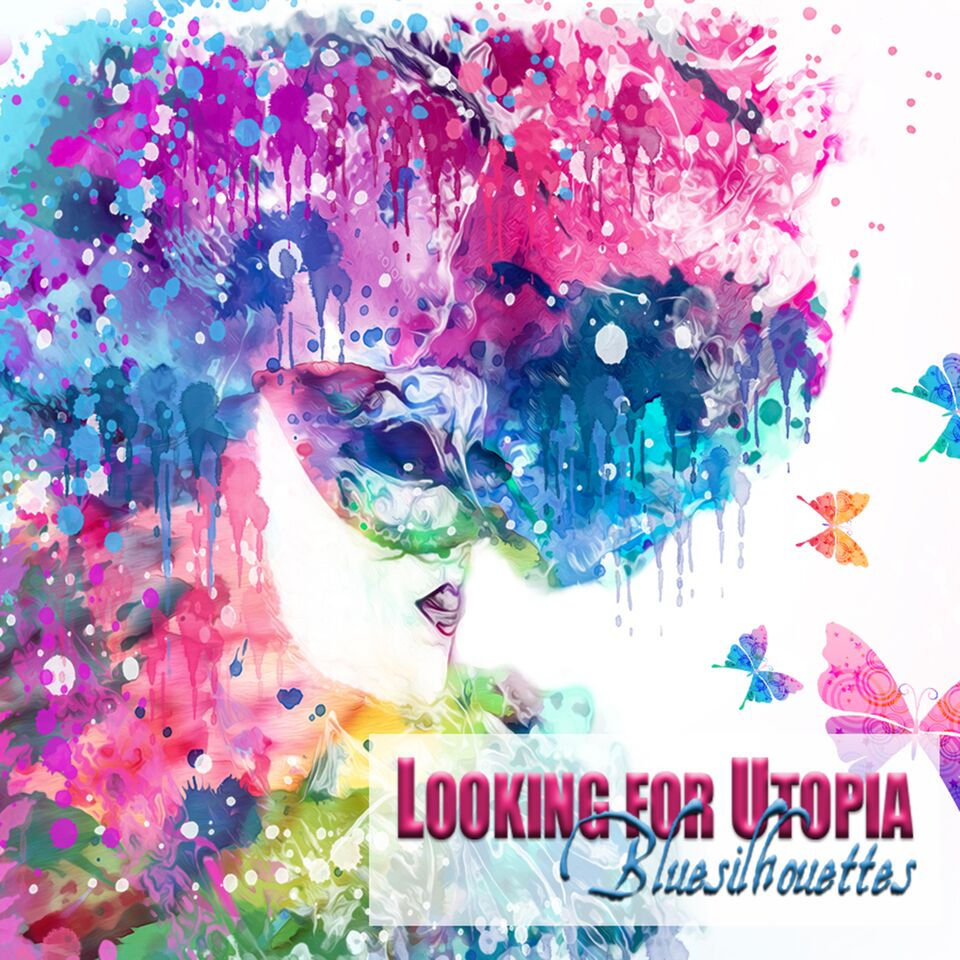BLUESILHOUETTES, Looking for Utopia
- Jonathan Widran
- Nov 26, 2018
- 3 min read
First used in the book Utopia (1516) by Sir Thomas More, the term “utopia” refers to an imagined state of things in which everything is perfect. “Perfect” being a relative term, we are always free to create our own impressions of what that would mean. Ideally, it would be a realm free of tribal prejudices, where people of all different colors, cultures, spiritual traditions and, yes, even musical tastes, would come together with a sense of mutual respect.
For composer, performer, recording artist and music professor David R. Peoples – who records under the name Bluesilhouettes – on his fascinating epic new album Looking for Utopia, it’s not so much the ultimate destination that matters as the alternately cool and combustible energy of the fascinating, musically eclectic, polyrhythmic journey - and the multitude of intriguing stops along the way.

The wild, transcendent blend of sounds and soundscapes includes elements and textures of new age, jazz, classical, global fusion and experimental music (for starters) and features his thoughtful and spiritual yet often whimsical piano intermingling with prominent guest artists, including South African slide flutist Carina Bruwer, Berlin based cellist Natasha Jaffe, vibist Abnmusic3 and drummer Jwnaugle. In the spirit of the digital age and multi-cultural collaboration, Bruwer and Jaffe’s parts were recorded in their respective countries and integrated into Peoples’ original tracks created in Atlanta.
When Peoples tells us, “I am unique. I tell a story. I write narrative poetry in free verse using musical notes,” he’s inviting us to understand that for him, Looking for Utopia is not a linear process but one that takes him, and us, his listners, zig zagging into a multitude of directions, often on the same track. So while the opening track “The Valley of Hidden Treasures” begins as a stark new age piano meditation, it soon becomes a bit of a classical-tinged dance with Bruwer’s stunning flute improvisations and Jaffe’s haunting cello dance – and later includes a dense percussive jam with piano and flute leaping over native drums. Likewise, “Peach Blossom Spring” starts as a spirited, gently rhythmic jazz gem, it’s improvisational joys soon travel to a realm where urban DJ grooves meet trippy sitar and spacey ambiences. So when you start having “Moondreams of Crystal Roses” with a twist of ambient flute, understand that the journey to perfection will include new age piano, tropical soundscaping and some hipster soul-jazz. And those are just the first three of eleven tracks!

Peoples’ titles are as colorful as his aural kaleidoscope. He invites us to the exotic, electronica tinged “Dance of the Flickering Fire” and a mystical “City of “Golden Lights” (which features some of his most soulful and heartfelt whimsical piano improvisational), but makes sure to remind us via a dramatic, often brooding title track, that “Looking for Utopia” is not just an external journey. Along the way, we are able to envision “Crystal Skies” (where dark cello tones play freely with funky grooves and tropical vibraphone textures), a fragile, sometimes mournful “Glass Flower City” whose optimistic inhabitants (“Glass Butterflies”) aim to hypnotize via trippy effects and a “Hidden City at Crying Rock,” where Peoples showcases some of his most powerful and commanding piano work.
The set wraps with a subtle tribal groove, dark chords and floating ambiences – and a final request: “Take Me to Elysian Fields.” It’s not often that a single album can take us in so many dynamic musical directions under a single concept. Looking for Utopia is an amazing musical triumph, driven by the mind and hands of a visionary musical storyteller.







Comments